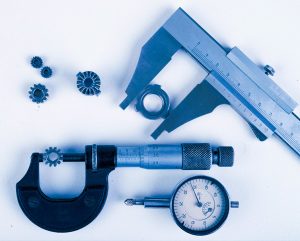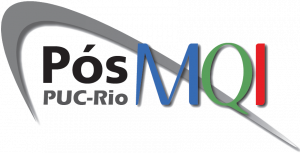Historic

The Graduate Program in Metrology (PósMQI) of the Pontifical Catholic University of Rio de Janeiro (PUC-Rio) was born in the mid-1990s, as a response of the University to an explicit demand from the Federal Government, which promoted, under the then-current industrial policy, the training of specialized human resources in areas considered critical to the advancement of industrial competitiveness. Thus, articulated with the Ministry of Education (through CAPES), the then Ministry of Industry and Commerce (through INMETRO) and the Ministry of Science and Technology (through CNPq), PADCT resources (Grant TIB/PADCT 03/94, Call 1) were allocated to create, in 1994, the National Program for Human Resources Training in Metrology (HR-Metrology Program). In the context of a competitive bidding process, in which nine consortiums of Universities participated, the proposals of PUC-Rio and the Federal University of Santa Catarina were selected. Thus, the Graduate Program in Metrology of PUC-Rio was born. The PUC-Rio initiative resulted from an interdepartmental (horizontal) action of research departments and laboratories of the Scientific Technical Center (CTC) of the University. It was born, therefore, from the gathering of efforts, competencies and laboratory infrastructures of the CTC units (Engineering, Physics and Chemistry). It was quickly consolidated as the Center’s interdepartmental program.
Closing 2020 with a total of 258 masters formed since the beginning of the program, it developed and consolidated itself, obtaining the maximum concept 5 (quadrennium 2013-2016) in the evaluation of the Brazilian graduate school. In the context of its broad view of science, technology (and art) of measurements, it has advocated education and research in metrology according to a systemic model of sustainability that integrates three dimensions of the sustainable development of organizations (economic, social and environmental) . This view transcends the use of metrology only as an instrument of industrial competitiveness and improvement of products and processes that vie for competitive markets, being a broader view on the use of measurements as instruments for the preservation of the environment, air quality assessment , water and living conditions as a whole. In the context of this new logic of innovation and sustainability, it formalized in 2003 with CAPES to change its concentration area, which evolved from “metrology to industrial quality” to “metrology for quality and innovation”, advocating sustainability in one of its research lines (also characterized in the new logo of the program).


